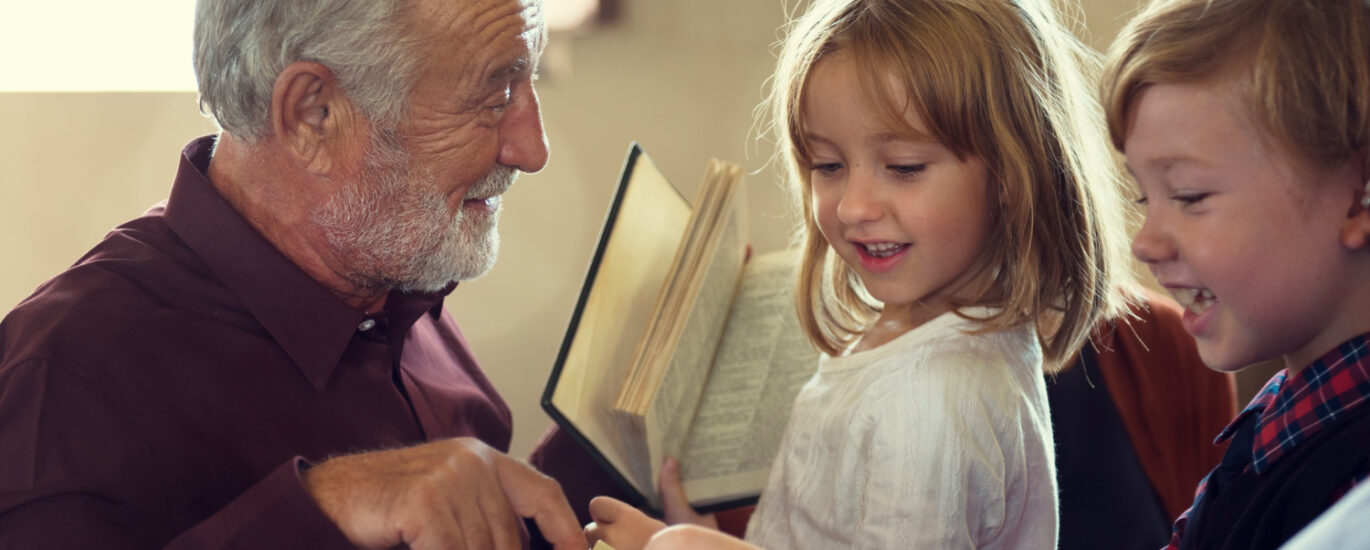Learning is a journey that never truly ends. While we often associate education with schools and young students, the process of gaining knowledge and skills continues throughout our lives. From young children to the elderly, every stage of life offers new opportunities to learn something valuable. In fact, lifelong learning is not just beneficial; it is essential for personal growth and happiness.
Children begin their learning journey in school, where they are introduced to basic concepts like language, numbers, and science. These early years lay the foundation for future understanding. But learning doesn’t stop once a person finishes school. Adults and even senior citizens can continue learning in many ways. Some may take up a new hobby, such as gardening or painting, while others might learn how to use a smartphone or attend community workshops.
One of the greatest joys of learning is the sense of achievement it brings. Imagine an elderly person learning to read for the first time or a homemaker mastering basic computer skills to help her children with homework. These small victories can bring immense satisfaction and boost self-confidence.
Furthermore, continuous learning keeps the brain active. Research shows that people who keep learning tend to have better memory and mental health as they age. It helps in fighting boredom, reduces stress, and even prevents feelings of loneliness. Joining group classes or study groups also provides social benefits and builds community connections.
Lifelong learning doesn’t always require formal education or certificates. It can happen through everyday experiences—like watching educational videos, reading newspapers, or simply asking questions. Every new thing we learn shapes our understanding of the world and improves our ability to contribute to society.
In today’s world, technology has made learning easier than ever. With access to the internet, people can explore countless free courses, tutorials, and videos from the comfort of their homes. Villages and small towns are also embracing digital education, opening new doors for rural learners.
The message is clear: learning is for everyone, no matter their age or background. Encouraging people to stay curious and open to new knowledge can build a stronger, smarter, and happier society.
2. Why Clean Classrooms Help Us Learn Better
Cleanliness plays a bigger role in education than many people realize. A clean classroom is not just about looking neat; it also creates a healthy, peaceful, and focused environment that helps both teachers and students perform better. Whether it’s a government school in a rural village or a private school in a city, cleanliness should always be a priority.
When students enter a clean classroom, they feel more comfortable and motivated to learn. There are fewer distractions, and the neat surroundings help them concentrate better on their lessons. Dust, dirt, and clutter can create confusion and make it hard to stay focused, while clean desks, organized shelves, and proper lighting make the space inviting and productive.
Moreover, hygiene is directly linked to health. In unclean environments, germs can spread easily, leading to illnesses among students and teachers. This results in absenteeism and interruptions in learning. By maintaining cleanliness, we can reduce the chances of disease and create a safer learning space for everyone.
Teaching students about cleanliness also builds responsibility. When students take part in keeping their classrooms clean—by picking up litter, organizing their books, or washing their hands—they develop a sense of discipline and respect for shared spaces. These habits often stay with them into adulthood, making them more responsible citizens.
Schools can organize regular cleanliness drives and assign duties to students to keep their classrooms tidy. Involving children in these tasks gives them a sense of ownership and pride. Teachers and school management should also set examples by keeping staff rooms, toilets, and school grounds clean.
Parents play an important role too. When cleanliness is maintained both at school and at home, students learn to value hygiene in all areas of life. Communities can support by ensuring clean water sup










